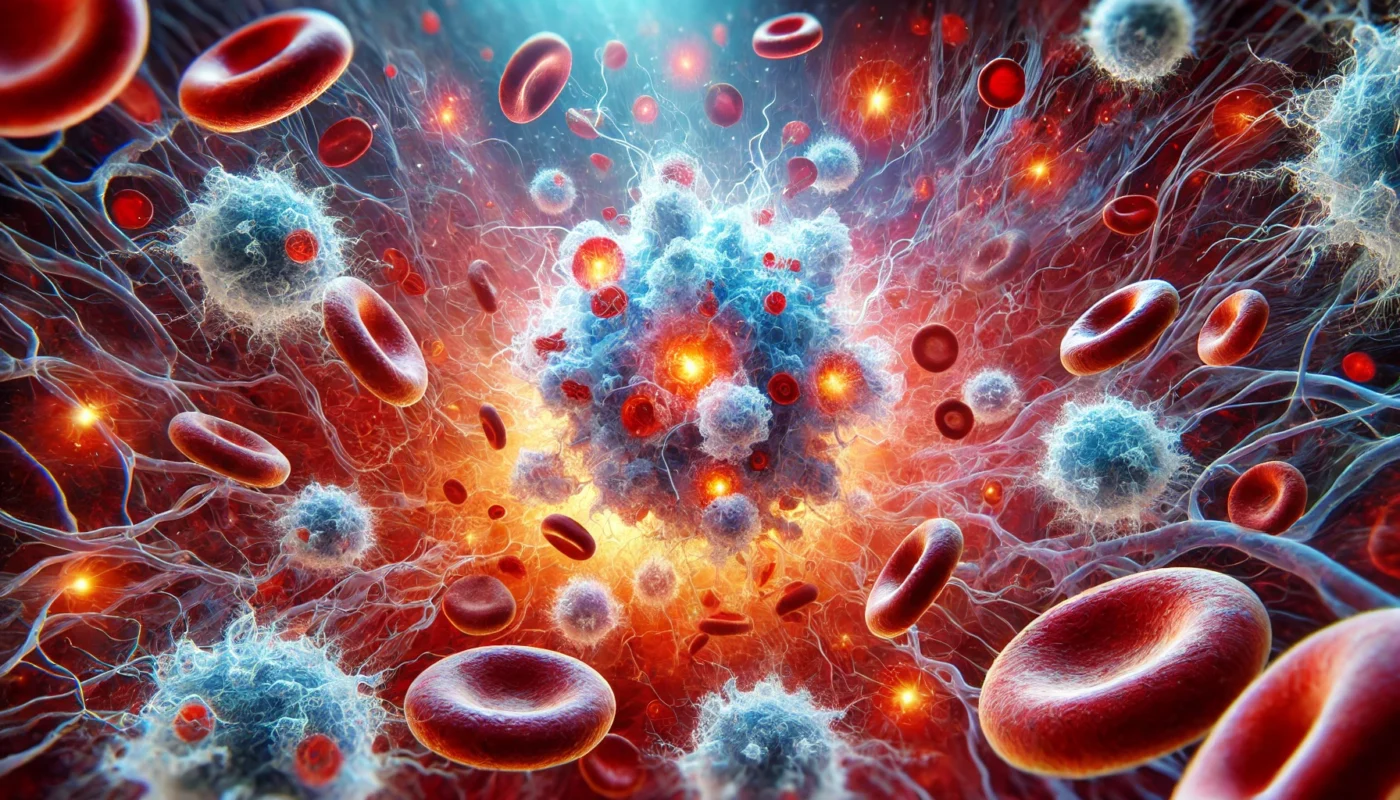The term “anti-inflammatory” refers to the property of a substance or treatment that reduces inflammation or swelling. In scientific terms, it involves the inhibition of the body’s inflammatory processes. Understanding the definition of anti-inflammatory can be pivotal in managing health conditions that are exacerbated by inflammation, such as arthritis, heart disease, and even some cancers.
Category Archives: Managing Inflammation Naturally
Discover how natural remedies, lifestyle adjustments, and dietary choices can help control inflammation and promote overall health.
Before exploring holistic approaches, it’s essential to understand what arthritis entails. Two common types are osteoarthritis (OA) and rheumatoid arthritis (RA). OA is a degenerative joint disease, while RA is an autoimmune disorder where the body’s immune system attacks its joints.
Arthritis, a condition characterized by inflammation and stiffness of the joints, can significantly affect one’s quality of life. The persistent pain and discomfort can make daily activities challenging. While conventional medicine offers various treatments, many individuals seek alternative approaches to manage their symptoms. This article delves into natural solutions and home remedies that can be integrated into your routine to alleviate arthritis pain and improve joint health.
Heart inflammation, medically known as myocarditis, refers to the inflammation of the heart muscle. This condition can be triggered by various factors, including viral infections, autoimmune diseases, and exposure to certain drugs or toxins. The inflammation can impact the heart’s ability to pump blood effectively, leading to a range of symptoms and potential complications.
Inflammation is the body’s natural response to injury or infection. It is a crucial part of the immune response, essential for healing and fighting off pathogens. When the body senses harmful stimuli, such as pathogens, damaged cells, or irritants, it triggers an inflammatory response to protect itself.
Inflammation is the body’s way of protecting itself from infection, illness, or injury. It is a complex biological response to harmful stimuli such as pathogens, damaged cells, or irritants. Essentially, inflammation is the body’s attempt to heal itself after an injury, defend itself against foreign invaders, such as viruses and bacteria, and repair damaged tissue.
The question “Is sugar inflammatory?” is crucial for anyone keen on optimizing their health. Understanding the inflammatory nature of sugar involves exploring its biochemical effects and the broader health implications. Scientific research has increasingly shown that sugar can indeed trigger inflammatory responses in the body.
Inflammation is the body’s natural response to injury or infection, and while it serves a protective role, chronic inflammation can lead to persistent redness and swelling. Scientifically, inflammation involves the activation of immune cells that release cytokines—proteins that mediate and regulate immunity and inflammation. When it comes to the skin, the inflammation process can manifest as redness, swelling, heat, and sometimes pain.
Intestinal inflammation is a complex condition that can significantly affect your daily life. It is crucial to comprehend the underlying causes and types of intestinal inflammation to effectively manage its symptoms and improve your quality of life.
Inflammation is the body’s natural response to injury or infection, designed to eliminate harmful stimuli and initiate the healing process. It’s a complex biological response involving various cells, proteins, and signaling pathways. Essentially, when your body senses an injury or pathogen, it releases chemicals that initiate an inflammatory reaction.










